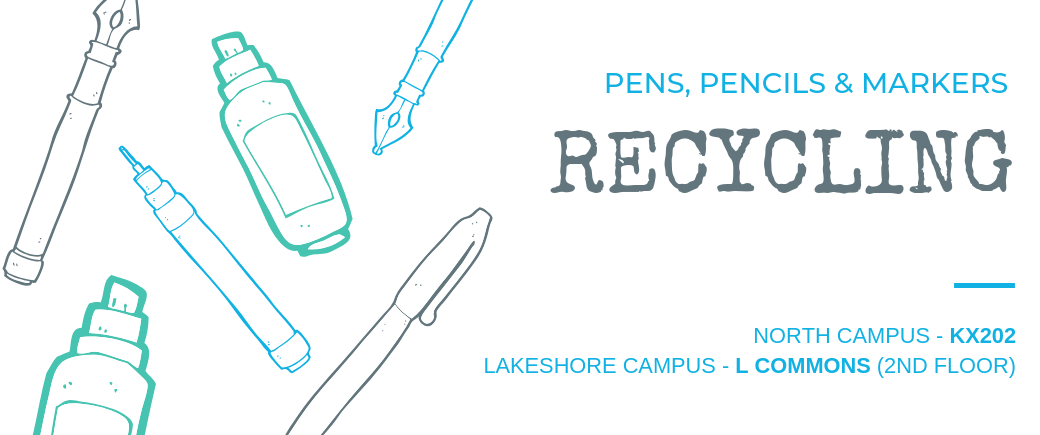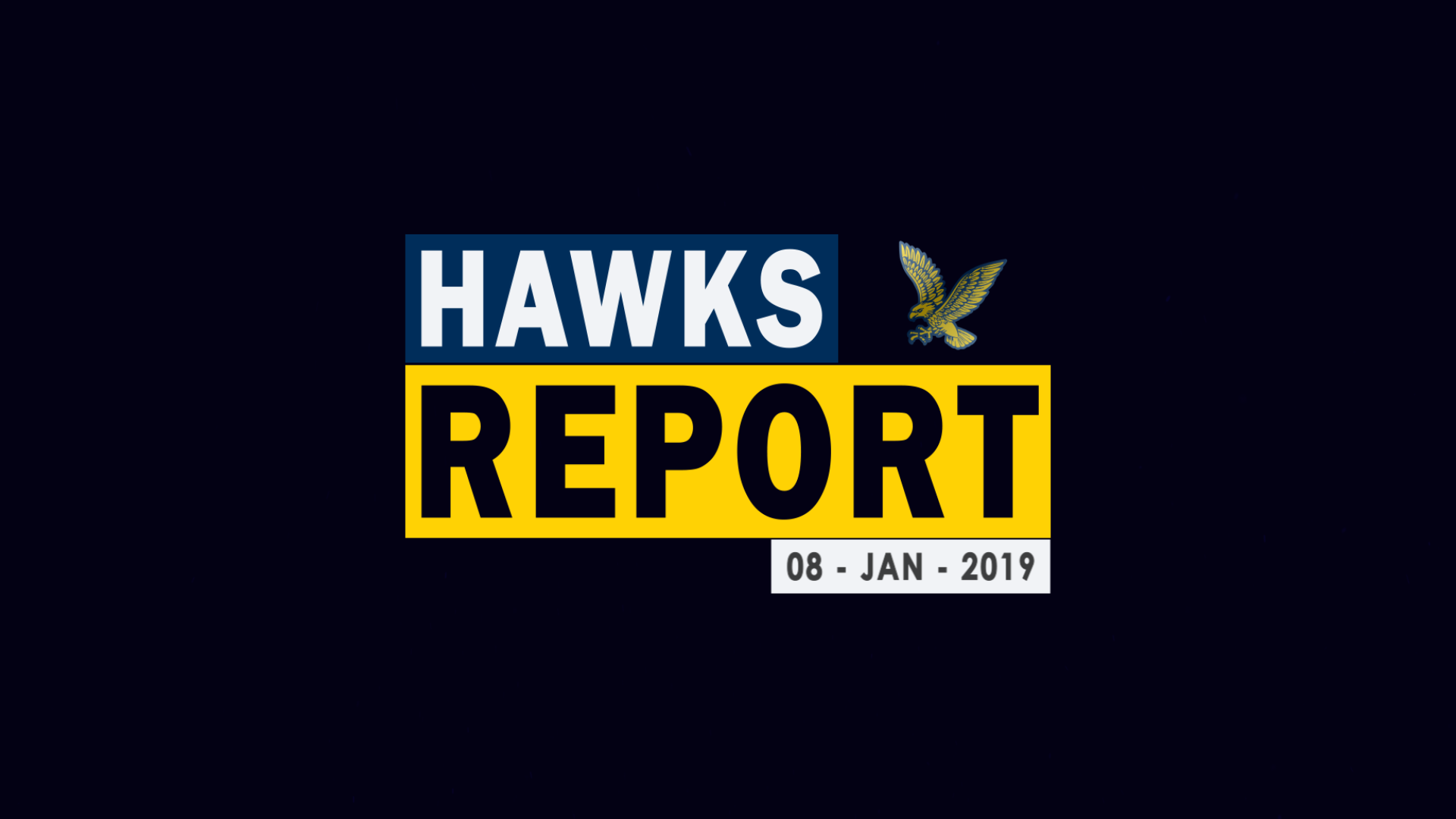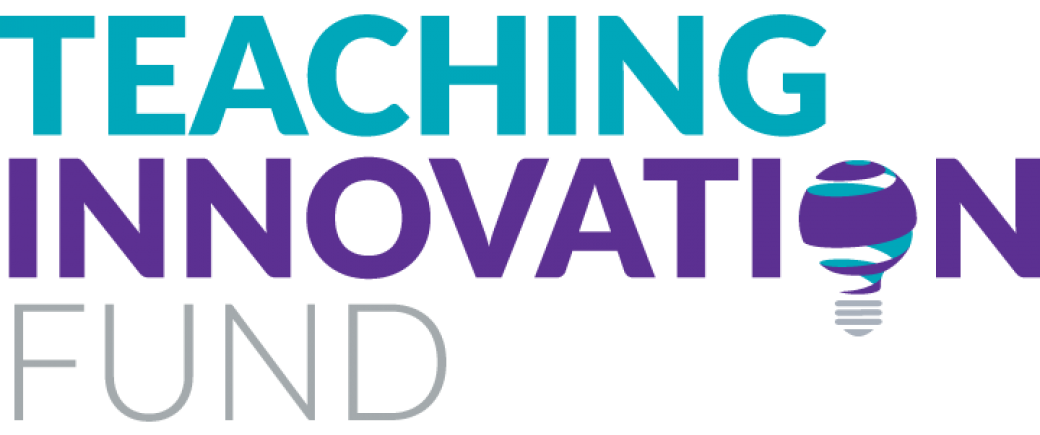The Transfer Options site has been refreshed to bring more focus to the benefits, processes and resources available to Transfer Students. The goal of these changes is to create a clearer and better user experience for Transfer Students referring to the site for information and guidance.
Visit the new Transfer Options website.
Transfer Student Videos
In order to create an even more welcoming and inviting user experience, we’ve added several transfer student testimonial videos. In these videos, students describe why they wanted to transfer to Humber, what the transfer experience was like, and offer up advice to prospective Transfer Students, giving viewers a first-hand perspective.
Scroll down on the Transfer Options landing page to view these videos.
New Humber Course Outline Search
The Course Outline Search Tool is a new and very helpful site feature. This tool will allow the user to find a course outline by entering a course name or code. The tool works by accessing the course outline database through HQ and supplying the user with either a downloadable PDF or viewable and printable outline. For outlines that have yet to be uploaded to the database, users will be directed to contact the academic school.
View the Humber Course Outline Search Tool.
Academic Regulations Excerpt
Along with Transfer In, Transfer Within and Transfer Out information, the site also features an easy-to-access excerpt from Humber’s Academic Regulations, Section 6.0 which pertains to Transfer, PLAR and Pathways.
View excerpt 6.0 here.
Humber Pathways Fair
Don’t forget that the Humber Pathways Fair is January 23 at North Campus and January 24 at Lakeshore Campus. Students are invited to come out and explore their future study options. Humber has partnerships with over 30 postsecondary institutions across Canada and abroad with more than 50 pathways from our diplomas and degrees.
Find out more about the Pathways Fair.
Transfer and PLAR Application Forms Readily Accessible
Transfer and PLAR application forms are now readily accessible through the Transfer In drop-down menu as well as connected through links throughout the site where applicable.
If you have any questions, please contact Judy Tavares, Manager Student Transfer Services, at x4746.



